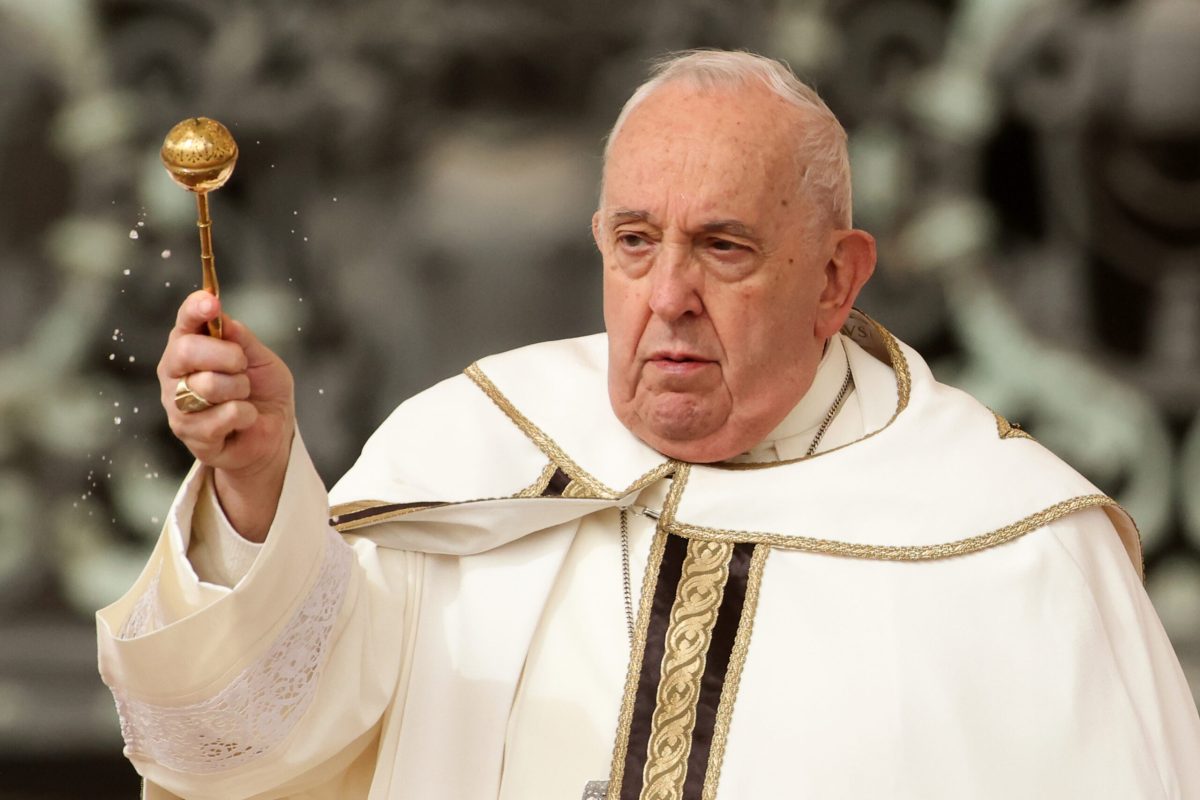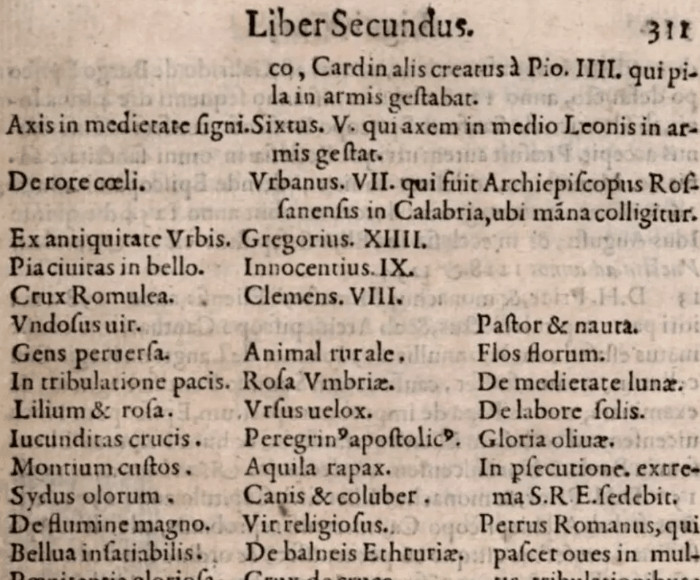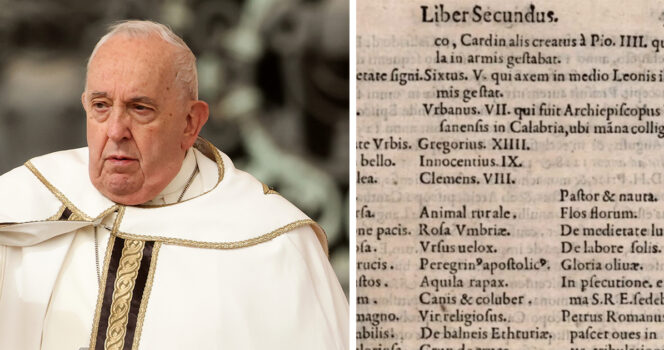Exploring the Prophecy of Saint Malachy Following the Death of Pope Francis
The recent passing of Pope Francis has reignited discussions around pivotal themes in Catholic theology and eschatology, particularly regarding the Prophecy of the Popes, attributed to a 12th-century Irish Archbishop named Malachy. This ancient prophecy resurfaces in public discourse during periods of papal transition, and the significance of its predictions has captured the attention of believers and skeptics alike, especially in light of significant events unfolding within the Vatican.

The Context of Pope Francis’ Death
Pope Francis, a transformative figure within the Catholic Church, passed away on April 21, 2025, at the age of 88. The Vatican officially confirmed that he succumbed to a cerebral stroke, which ultimately led to a coma and subsequent heart failure. His death marks the end of a pontificate characterized by progressive stances on contemporary issues like poverty, migration, and climate change. As news of his passing reverberated around the globe, millions mourned the loss of a leader who had become a beacon of hope and compassion. Following his death, the Church entered a nine-day mourning period, intensifying discussions about his successor and the potential future direction of the papacy. The landscape of the Catholic Church now hangs in a delicate balance, as the world watches closely for the next leader who will steer the Church through these turbulent times.

The Prophecy of Saint Malachy
The Prophecy of the Popes is a collection of cryptic predictions that purportedly details the identities and characteristics of each pope from the time of Pope Celestine II until the end of days. According to this prophecy, which was purportedly written by Saint Malachy in the 1100s, a total of 112 popes are foretold. Malachy’s final entry ominously describes the next pope—referred to as “Peter the Roman”—as one who will “pasture his sheep in many tribulations,” and states that when his reign concludes, “the city of seven hills will be destroyed, and the dreadful judge will judge his people. The End.” This striking conclusion has led many to ponder its gravity, fostering a sense of fear and curiosity about what this could mean for both the Church and the world.
Malachy’s Prophecy: Interpretations and Speculations
Interpreting the Prophecy of the Popes has been a pursuit filled with intrigue and a myriad of perspectives. The implications of this prophecy have sparked considerable debate among theologians, historians, and enthusiasts of the occult. Some speculate that the identity of the next pope could be pivotal in the broader narrative of human history, particularly in light of Malachy’s final prediction. Suggested interpretations of the name “Peter” link it to Pope Francis himself, given that he honored St. Francis of Assisi in his choice of papal name. This tenuous connection has led to rampant speculation that the prophecy could signal the end times as foreseen by Malachy, resulting in heightened anxiety within certain circles of the faithful.The urgency surrounding these interpretations gains momentum from widespread beliefs that the world might face cataclysmic changes by the year 2027. Amid current global unrest—marked by escalating geopolitical tensions, severe climate crises, and social upheaval—the resonance of Malachy’s dire predictions is undeniably strong. In a world rife with uncertainty, the timing of Pope Francis’ death has fueled rampant speculation about the future of the Church, raising questions about how the next pope will address both internal Church matters and the myriad of challenges facing humanity.

















